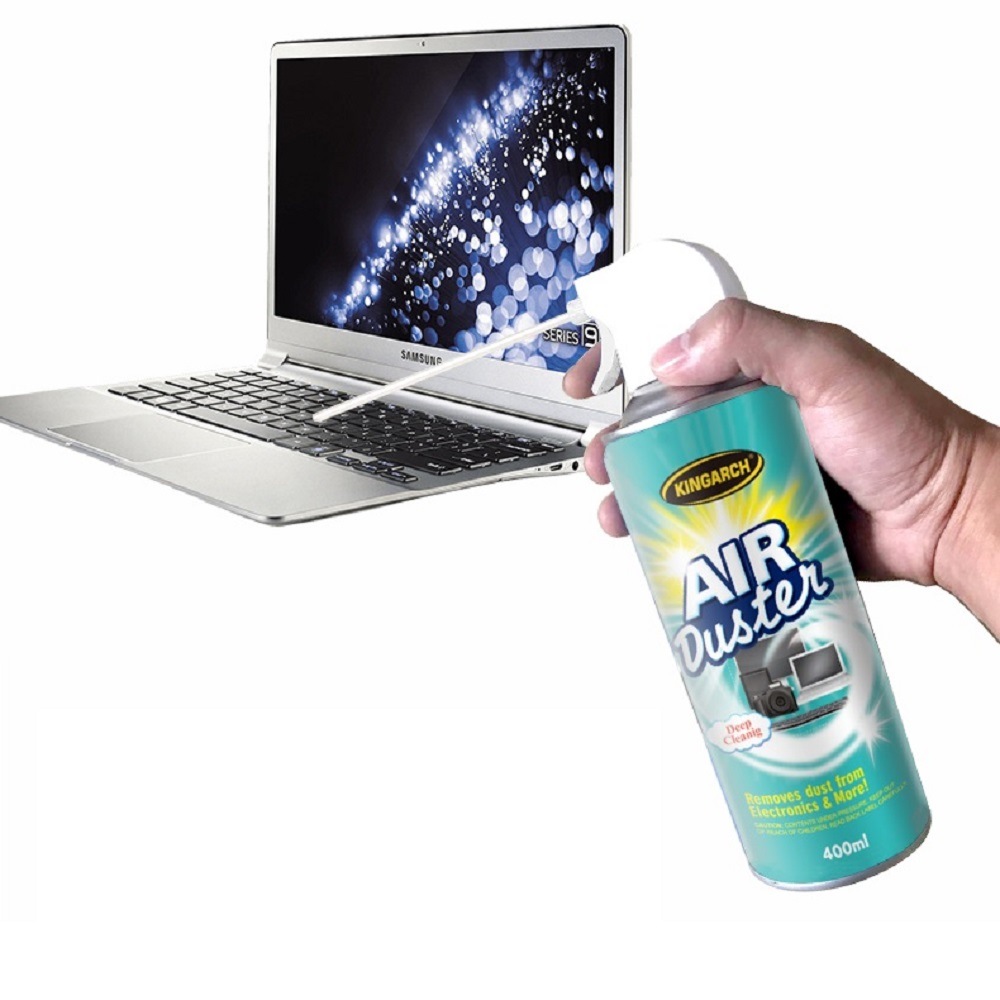Introduction To Aerosol Can Manufacturing in Pakistan
Aerosol cans have become an integral part of daily life, used in a variety of applications ranging from personal care products to industrial uses. In Pakistan, the aerosol can manufacturing industry has seen substantial growth due to increasing demand in sectors such as cosmetics, household products, and automotive care. This content explores the landscape of aerosol can manufacturing in Pakistan, delving into its market dynamics, production processes, challenges, and future prospects, with a particular emphasis on the spray paint segment and notable companies involved.
Market Dynamics
Growth Drivers
- Increasing Consumer Demand: The rising disposable income and urbanization have led to higher consumption of aerosol products, particularly in personal care and household segments.
- Industrial Applications: The industrial sector, especially the automotive industry, significantly contributes to the demand for aerosol cans, particularly for products like spray paints and lubricants.
- Export Opportunities: Pakistan’s strategic location and trade agreements provide opportunities for exporting aerosol products to neighboring countries and beyond.
Key Segments
- Personal Care: Products like deodorants, hair sprays, and shaving foams dominate this segment.
- Household Products: Air fresheners, insect repellents, and cleaning agents are common aerosol products in this category.
- Industrial and Automotive: This includes spray paints, lubricants, and cleaning sprays, which are essential in various maintenance and manufacturing processes.
If you want to know more information about Spray paint company in Pakistan visit Revo Paint.
Production Process
Aerosol can manufacturing involves several stages, from raw material procurement to the final product. The process can be broken down into the following steps:
- Material Selection: The primary materials used are tinplate, aluminum, and sometimes glass for the containers. The choice depends on the product requirements and cost considerations.
- Can Manufacturing:
- Tinplate Cans: Sheets of tinplate are cut and shaped into cylinders, followed by welding or soldering to form the body. The bottom is then attached.
- Aluminum Cans: These are typically made using impact extrusion, where a slug of aluminum is punched into shape in a single operation, creating a seamless can.
- Valve and Actuator Assembly: The valve, crucial for the aerosol function, is fitted onto the can. This includes the actuator, which controls the product release.
- Filling: The can is filled with the product and the propellant. This can be done either under pressure (cold filling) or at room temperature (pressure filling).
- Sealing and Testing: After filling, the cans are sealed and subjected to rigorous testing to ensure they can withstand pressure and are leak-proof.
- Labeling and Packaging: The cans are labeled according to regulatory requirements and packaged for distribution.
Challenges in the Industry
Regulatory Compliance
Aerosol products are subject to stringent regulations concerning safety, environmental impact, and health standards. Manufacturers must ensure compliance with local and international regulations, which can involve significant costs and operational adjustments.
Environmental Concerns
The use of propellants, typically hydrocarbons or compressed gases, raises environmental concerns due to their potential impact on air quality and contribution to greenhouse gas emissions. The industry is under pressure to develop eco-friendly alternatives and sustainable practices.
Competition and Cost Management
The aerosol can manufacturing industry is highly competitive, with cost management being a critical factor. Manufacturers must balance the cost of raw materials, production processes, and regulatory compliance while maintaining product quality and competitive pricing.
Notable Spray Paint Companies in Pakistan
The spray paint segment is a vital part of the aerosol industry in Pakistan, with several companies leading the market. These companies not only cater to domestic demand but also have a strong presence in the international market.
- Berger Paints Pakistan: A well-established name in the paint industry, Berger offers a range of aerosol spray paints used in automotive, industrial, and household applications.
- Nerolac Paints Pakistan: Known for its quality and innovation, Nerolac provides a variety of spray paints catering to different needs, including decorative and protective coatings.
- Master Paints: Master Paints has a significant market share in the aerosol spray paint sector, known for its durable and vibrant products used in both DIY and professional applications.
Future Prospects
The future of aerosol can manufacturing in Pakistan looks promising, driven by technological advancements and evolving consumer preferences. Key trends shaping the industry’s future include:
- Eco-Friendly Innovations: With growing environmental awareness, there is a shift towards eco-friendly propellants and recyclable materials in aerosol can production. Companies are investing in research and development to create sustainable solutions.
- Customization and Personalization: Consumers are increasingly seeking personalized products. Manufacturers are responding by offering customized aerosol solutions, particularly in the personal care and household segments.
- Technological Advancements: Automation and advanced manufacturing technologies are enhancing production efficiency and product quality. These advancements are also helping in reducing costs and minimizing environmental impact.
Conclusion
Aerosol can manufacturing in Pakistan is a dynamic and evolving industry with significant growth potential. Despite the challenges related to regulatory compliance, environmental concerns, and competition, the industry is poised for expansion. Key players, especially in the spray paint segment, are driving innovation and setting standards for quality and sustainability. As consumer demand continues to rise and technological advancements reshape manufacturing processes, the future of aerosol can manufacturing in Pakistan looks bright, promising new opportunities for growth and development.

